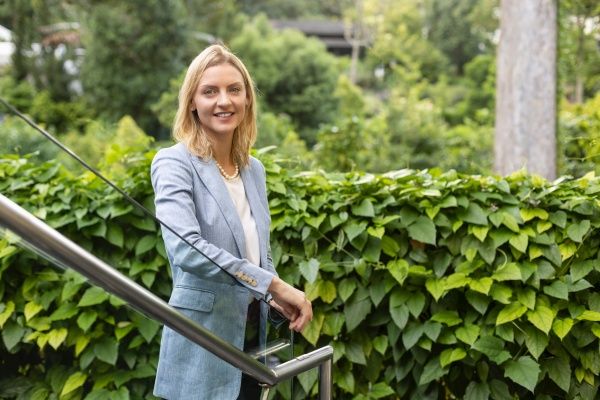Using Trade Restrictions to Promote Global Environmental Protection: A Cautionary Tale from WTO LAW and the EU's Deforestation Regulation
SYNOPSIS
There is a growing trend in trade regulation whereby governments regulate products based on how they were made with a view to addressing environmental problems caused by production. The European Union (EU) has been particularly active in this field by introducing trade-restrictive measures targeting goods whose production leads to high carbon emissions or deforestation. A prominent example is the EU Deforestation Regulation (EUDR), which prohibits the import or export of certain commodities and products into or out of the EU unless they meet strict criteria. These include verification as deforestation-free, compliance with the laws of their country of origin, and the submission of a comprehensive due diligence statement. The EUDR specifically targets seven key commodities — cattle, cocoa, coffee, oil palm, rubber, soy, and wood — most of which hold significant economic importance for Southeast Asian countries. The EUDR and other similar measures raise difficult legal and policy questions for WTO law because they focus on processes and production methods (PPMs) rather than on the physical characteristics of the final product. There is a growing academic consensus that WTO law should create policy space for these types of measures to address urgent and important environmental problems. However, PPMs can have serious adverse consequences for exporters, especially from developing countries who can credibly argue that PPMs are not consistent with the WTO bargain they signed onto. One of the leading arguments in favour of PPMs — an argument that is increasingly gaining traction — is that they can be welfare enhancing globally. Indeed, the strongest proponents of environmental PPMs explicitly argue that the key inquiry for justifying PPMs, both in principle and in specific cases, is whether the measure contributes to global social welfare (GSW). For instance, the EU justifies measures such as the EUDR as a tool to promote ambitious environment and climate outcomes across the world. This paper suggests that WTO tribunals, and other international courts, should steer clear of GSW determinations. In addition to the many technical problems that such determinations would entail, the paper argues that it would also be politically toxic. GSW determinations represent an “activist” approach that would undermine the international political process that seeks to solve global problems, such as climate change and deforestation. Further, their use has significant potential to undermine the long-term legitimacy of the WTO system or of any other field of international law that chooses to operationalise them.
SPEAKER

Dr Ben Czapnik
Lecturer
Monash University
Dr Ben Czapnik's academic research focuses on the right to regulate in WTO law, especially for environmental and moral purposes such as addressing deforestation and climate change, and protecting animals. He is a Lecturer in the Law Faculty at Monash University and a Global Fellow with the Centre for International Law (NUS). He has previously undertaken postdoctoral fellowships at the National University of Singapore and Chinese University of Hong Kong where he researched China's trade relations, including its trade tensions with the US, Australia and other countries. His research has been published in leading peer reviewed journals, including the European Journal of International Law and Journal of International Economic Law. In addition to his academic research, Dr Czapnik has significant experience as a government official and diplomat representing Australia in trade negotiations and disputes. He has also worked for the United Nations (Switzerland) and Pacific Islands Forum Secretariat (Fiji). COMMENTATOR
Dr Henry Gao
Professor of Law
Singapore Management University
CHAIR
Dr Stefanie Schacherer
Assistant Professor of Law
Singapore Management University
DETAILS
Date: 13 February 2025, Thursday
Time: 12:30pm to 2:00pm
Venue: Meeting Room 5-04, Level 5, Yong Pung How School of Law, SMU Programme: 12.30pm: Welcome remarks and Introduction of the EU Deforestation Regulation by Asst Prof Stefanie Schacherer 12.45pm: Paper presentation by Dr Ben Czapnik 1.15pm: Comments by Prof Henry Gao 1.30pm: Q&A 2pm: End of event (Bento lunch will be provided)
REGISTRATIONPlease click HERE to register. Registration closes on 10 February 2025.
|